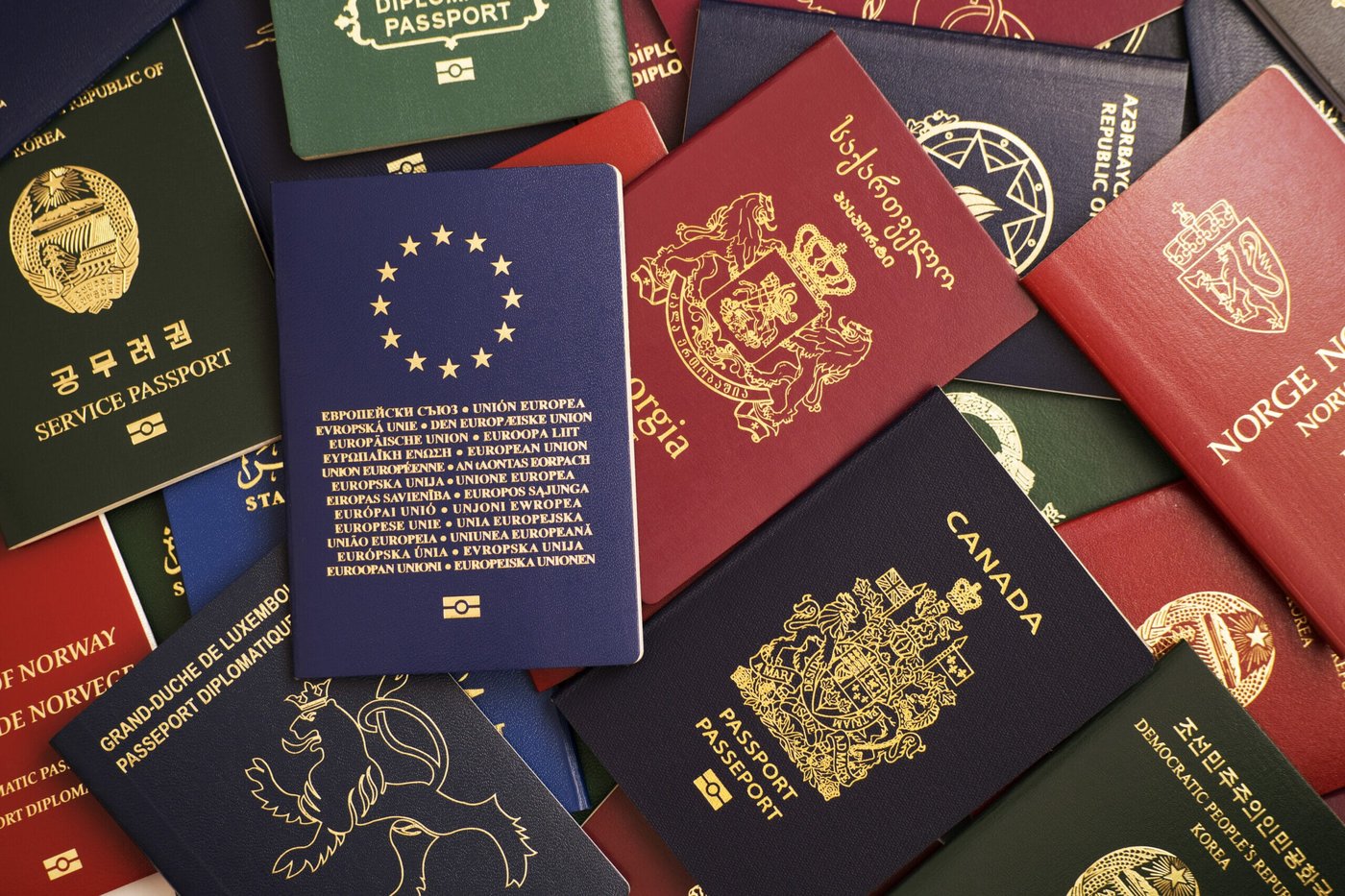Understanding the Current Status of the US Passport Ranking
The US passport has always been a powerful tool for travelers, granting access to numerous countries with minimal restrictions. However, recent developments indicate that the US passport ranking has hit an all-time low, causing concern among frequent travelers and immigration experts alike. This decline raises several questions about what it means for American citizens and their travel freedom.
The Current Passport Ranking Situation
As of now, the US passport is no longer the golden ticket it once was. Previously, American passport holders enjoyed visa-free or visa-on-arrival access to over 185 countries. Now, this number has decreased significantly. The implications of this drop in ranking are manifold, affecting not only leisure travelers but also those on immigration pathways.
Key Implications of the Decline:
Impact on Immigration and Travel
The decline in passport ranking is particularly significant for those navigating the complex landscape of immigration. For individuals seeking to enter the US or other countries, the implications can be profound. The current immigration issues, such as the ongoing debates around humanitarian parole, make it crucial for travelers to stay informed about their options.
As the US grapples with its immigration policies, recent news highlights how various factors contribute to the evolving landscape. For example, the USCIS office locator can help individuals find the nearest USCIS office, which is vital for those looking to pursue immigration applications or renewals.
Traveling in a More Restrictive Environment
The changes in passport ranking signal a shift towards stricter travel regulations. This may lead to a rise in the demand for professional immigration services. Individuals may want to seek expert guidance to navigate the nuances of international travel and immigration processes.
Considerations for Travelers:
Understanding the Bigger Picture
The decline in the US passport ranking doesn’t exist in a vacuum. It reflects broader geopolitical trends and challenges that affect many nations. For example, countries like Cuba, Nicaragua, and Venezuela are experiencing their own unique immigration situations, impacting how they interact with US citizens.
Additionally, debates around policies such as the Eagle Act 2023 and efforts to reform immigration laws can influence the travel landscape. Keeping abreast of these developments is essential for understanding how they may affect future travel opportunities.
Looking Ahead: What Travelers Can Do
The current state of the US passport ranking underscores the importance of preparedness for travelers. As restrictions tighten, being proactive can make all the difference. Here are some strategies to consider:
Proactive Travel Strategies:
Conclusion: Navigating New Challenges
The decline in the US passport ranking signifies a pivotal moment for American travelers. As the landscape shifts, individuals must adapt to new challenges while staying informed about the implications of evolving immigration policies. By being proactive and utilizing available resources, travelers can continue to explore the world, albeit with more caution and preparation.
In this climate, understanding terms like parole in place, advance parole, and the broader implications of immigration reform news are crucial. As the world changes, so too must the approach to travel and immigration, ensuring that individuals can navigate their journeys with confidence.










